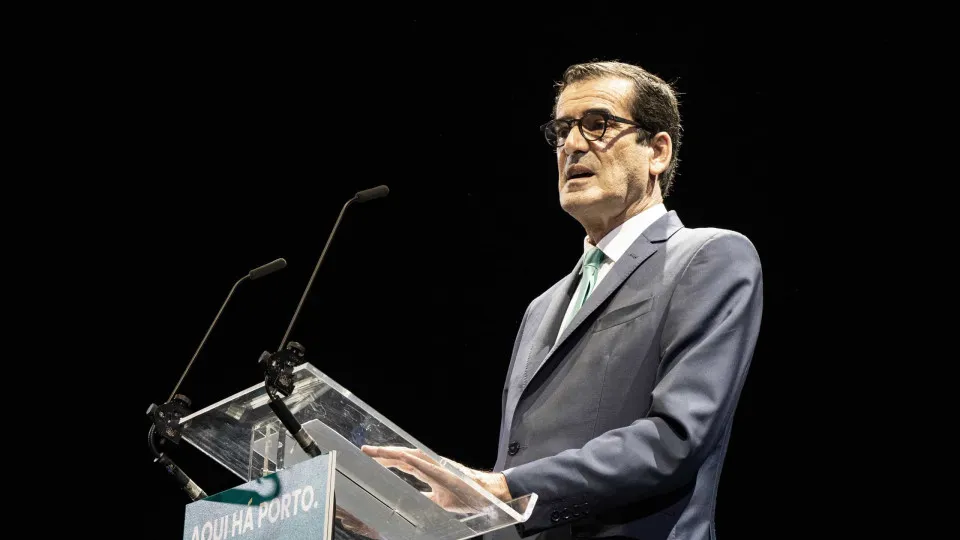
National campaign manager for Marques Mendes’ candidacy, Rui Moreira, the mayor of Porto since 2013 and consistently elected on independent lists, discussed his reasons for not entering the presidential race during a session in Lisbon.
Rui Moreira explained that after reflection, it became clear that his hypothetical candidacy and that of Marques Mendes “were redundant as they were based on the same principles.”
“There was a risk that the two candidacies could cannibalize each other and result in a vote dispersion. We are well aware of who would benefit from this vote dispersion: Those candidates who abhor politics or have a clerical view of it,” he argued.
At this point, Rui Moreira elaborated on who, in his opinion, would benefit from him running.
“Those candidates who aim to disrupt the balance of powers and distort the nature of the regime, those who threaten to destroy the system and dream of a fourth republic of an illiberal nature, those who demean Portuguese democracy and use politics as a mere stage for their egomania,” he stated.
Without explicitly mentioning Chega, the outgoing mayor of Porto warned of the current “resurgence of radical and anti-system narratives, which are simplistically labeled as populist.”
“There is no reason today to choose leaders or men who consider themselves providential. That time has passed and is not missed. Portugal needs a head of state with experience, knowledge, and authority, someone who has proven their statesmanship and recognized competence in managing the common good,” he countered.
In his speech, Rui Moreira argued that the upcoming presidential elections present more analogies with the first elections of 1976 – where the issue was an attempt to subvert the young democracy – than with those of 1986. He issued further warnings about the risks of “perversion of the semi-presidential system.”
“These risks stem from the possibility of electing candidates who lack understanding or respect for the intricate institutional balances of the regime, candidates with a messianic view of politics and themselves, candidates willing to use the Presidency of the Republic as a springboard for governing the country, candidates with the declared goal of undermining the democratic regime and illegitimately meddling in the sphere of other powers,” he cautioned.
Conversely, in his view, “in a future scenario where governability is often in question,” Portugal needs “a head of state capable of mediating the different institutional powers and political forces.” “A head of state who does not fall into the temptation of governmentalizing the presidency or even reviving a sort of out-of-time sidonism. A head of state who is not a disruptor of the regime and does not contribute to the tribalization of Portuguese society,” he added.




